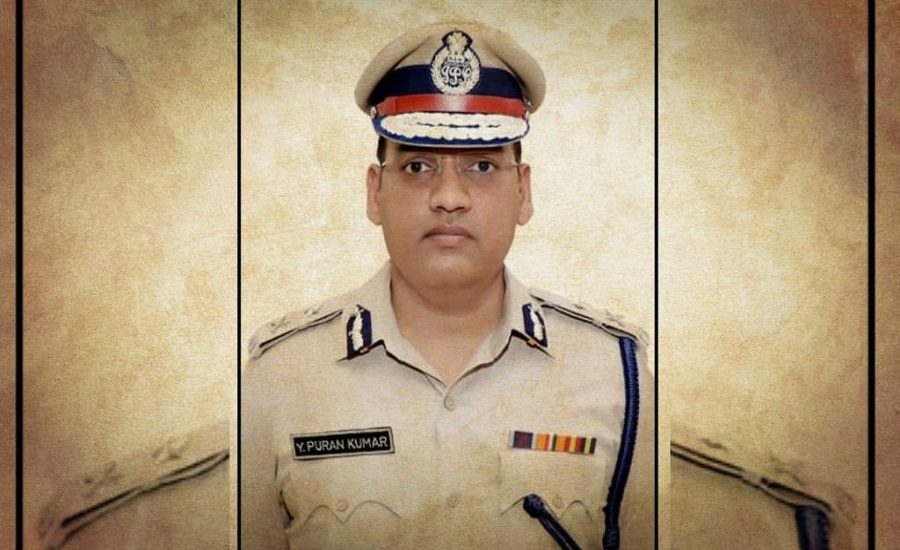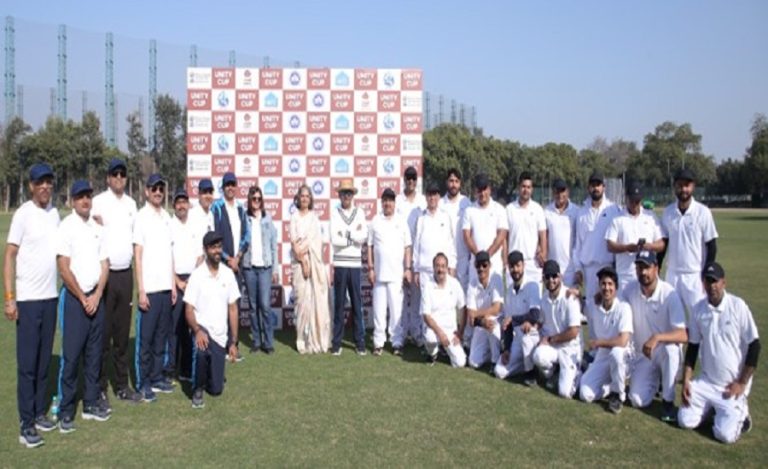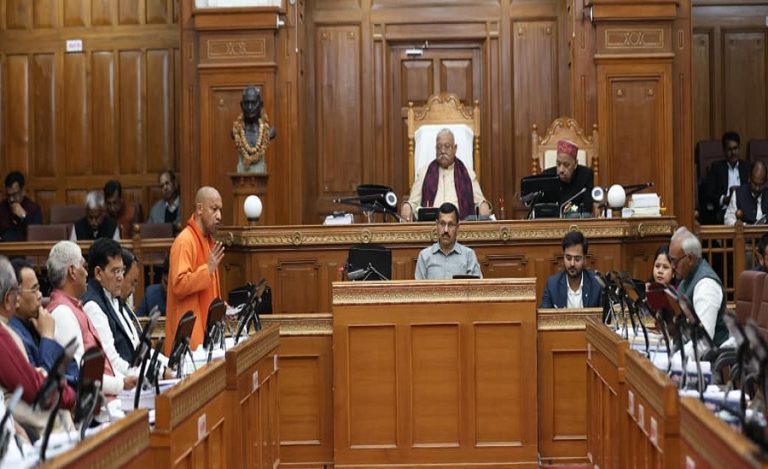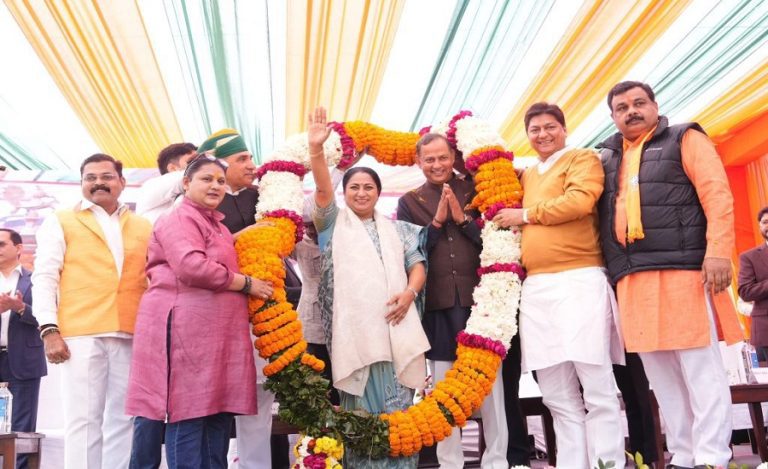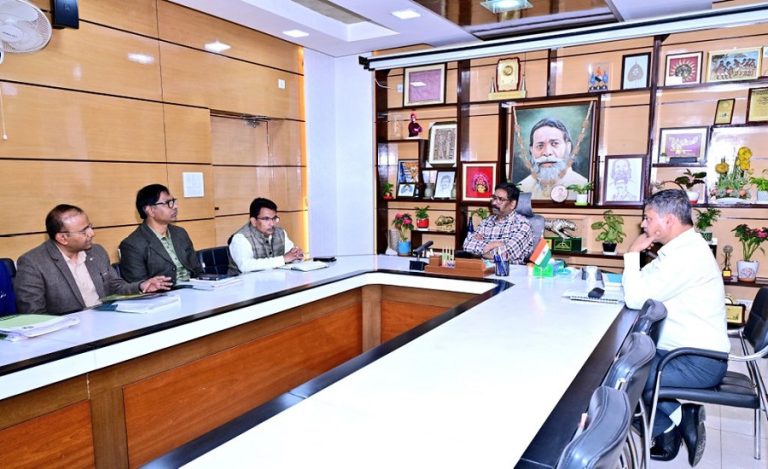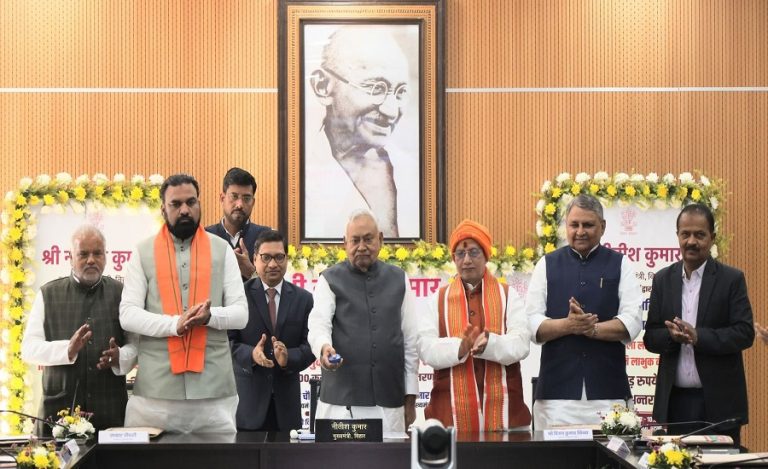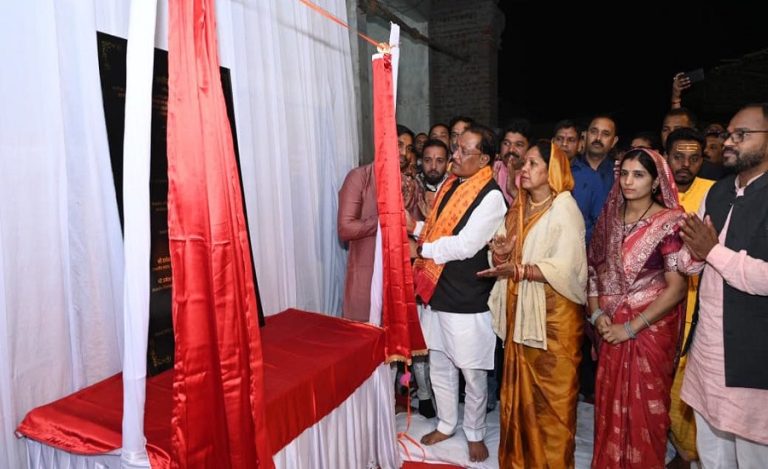New Delhi: Seven days after the tragic suicide of senior Dalit IPS officer Y Puran Kumar, the nation remains transfixed by the unfolding story—a chilling indictment of how ego, silence, and systemic rot can crush even the most resilient within the so-called “Steel Frame” of India’s bureaucracy.
As the officer’s body lies in wait for final rites, the real battle is playing out outside the cremation ground—in courtrooms, media headlines, and public discourse, where the fight for justice is being led by one woman, his wife, IAS officer Amaneet P. Kumar.
A Fight Waged Alone, But Heard Loud
Amaneet’s demand for accountability has laid bare the fractured foundations of bureaucratic solidarity. In a system where officers are expected to uphold one another, she has stood almost entirely alone—forced to rely not on her colleagues or the government, but on the media and public outrage to even keep her husband’s case alive.
Had the press not shone a spotlight on her cries for justice, and had the political opposition not amplified them, would her voice have been heard at all? Many believe the answer is a grim “no”.
A Mirror to the Bureaucracy
Y Puran Kumar’s suicide on October 7 is more than a personal tragedy. It has become a symbolic reckoning for the Indian bureaucracy—a structure often praised for its resilience but increasingly exposed for its callousness.
Many senior bureaucrats, speaking off the record, admit that in a personal or professional crisis, their first line of defence is often the Press—not their own institutions. The silent corridors of power rarely offer solace. Instead, they often deepen isolation, especially for those who don’t belong to entrenched elite networks.
When Ego Overshadows Empathy
Sources close to the situation allege that ego clashes and power struggles within the bureaucracy created a hostile work environment that took a devastating toll on Puran Kumar’s mental health. While formal investigations are still underway, the growing perception is that personal pride and institutional rigidity trumped empathy and human decency.
This case, then, is not just about one man’s death, but about the culture that allowed it to happen.
Media and Opposition: The Unexpected Saviours
In the absence of institutional courage, journalists and opposition parties have stepped in to demand transparency. In doing so, they’ve not only given Amaneet a platform but also held the system to account in ways it rarely experiences from within.
This moment marks a painful but necessary reminder: in India’s democracy, the Fourth Estate and a vigilant opposition often remain the last line of defence for justice.
Justice Outsourced, Trust Undermined
Amid rising calls for an independent probe and the appointment of new officers to key positions, the delay in performing final rites is emblematic of the deep mistrust Amaneet feels toward the very system she is part of.
As this emotional and institutional standoff plays out, it becomes clearer each day that the fight is no longer just for Puran Kumar—but for the future of integrity, inclusion, and compassion in public service.

